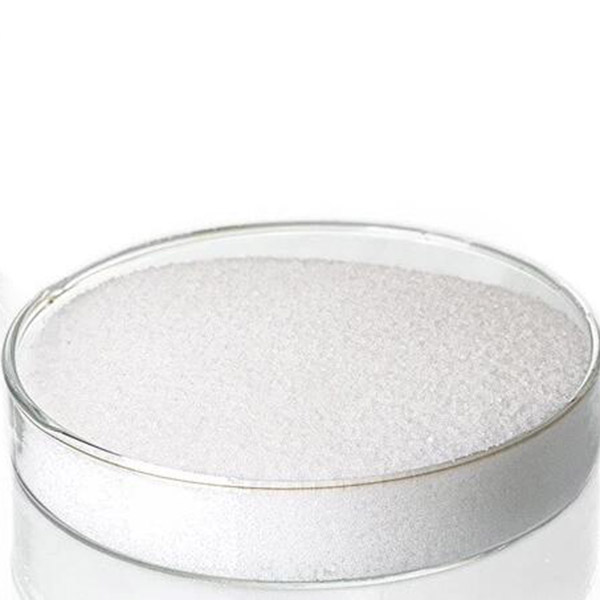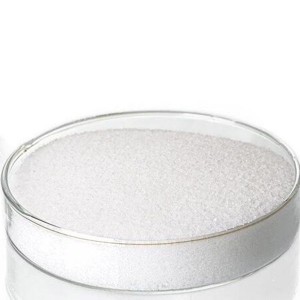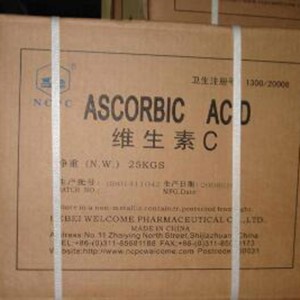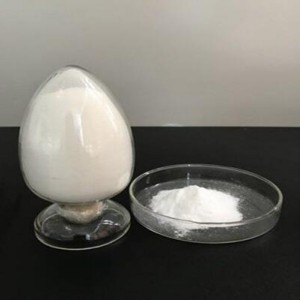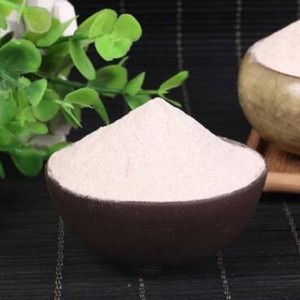Vitamin C, also known as ascorbic acid and L-ascorbic acid, is a vitamin found in food and used as a dietary supplement. As a supplement it is used to treat and prevent scurvy. Evidence does not support use in the general population for the prevention of the common cold.
| ITEM |
STANDARD |
| Appearance |
White or almost white crystal or crystalline powder |
| Identification |
Positive |
| Melting point |
191 ℃ ~ 192℃ |
| pH (5%, w/v) |
2.2 ~ 2.5 |
| pH (2%,w/v) |
2.4 ~ 2.8 |
| Specific optical rotation |
+20.5° ~ +21.5° |
| Clarity of solution |
Clear |
| Heavy metals |
=<0.0003% |
| Assay (as C 6H 8O6, %) |
99.0 ~ 100.5 |
| Copper |
=<3 mg/kg |
| Iron |
=<2 mg/kg |
| Mercury |
=<1 mg/kg |
| Arsenic |
=<2 mg/kg |
| Lead |
=<2 mg/kg |
| Oxalic acid |
=<0.2% |
| Loss on drying |
=<0.1% |
| Sulphated ash |
=< 0.1% |
| Residual solvents (as methanol) |
=< 500 mg/kg |
| Total plate count (cfu/g) |
=< 1000 |
| Yeasts & molds (cfu/g) |
=< 100 |
| Escherichia. Coli/g |
Absence |
| Salmonella/ 25g |
Absence |
| Staphylococcus aureus/ 25g |
Absence |
【Introduction】 Ascorbic acid (Vitamin C) deficiencies are well documented. Deficiencies include internal and external hemorrhages, reduced bone collagen, lower jaw erosion, anemia, structural deformities, fin erosion, scoliosis (bent-back), poor growth, mortalities etc.
Previous: Calcium Ascorbate,Vitamin C Calcium(Ca VC)
Next: Sodium Erythorbate
